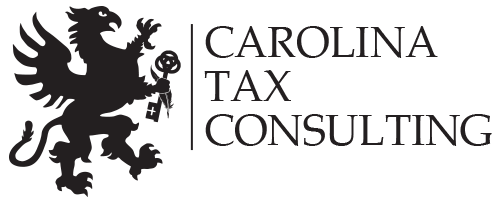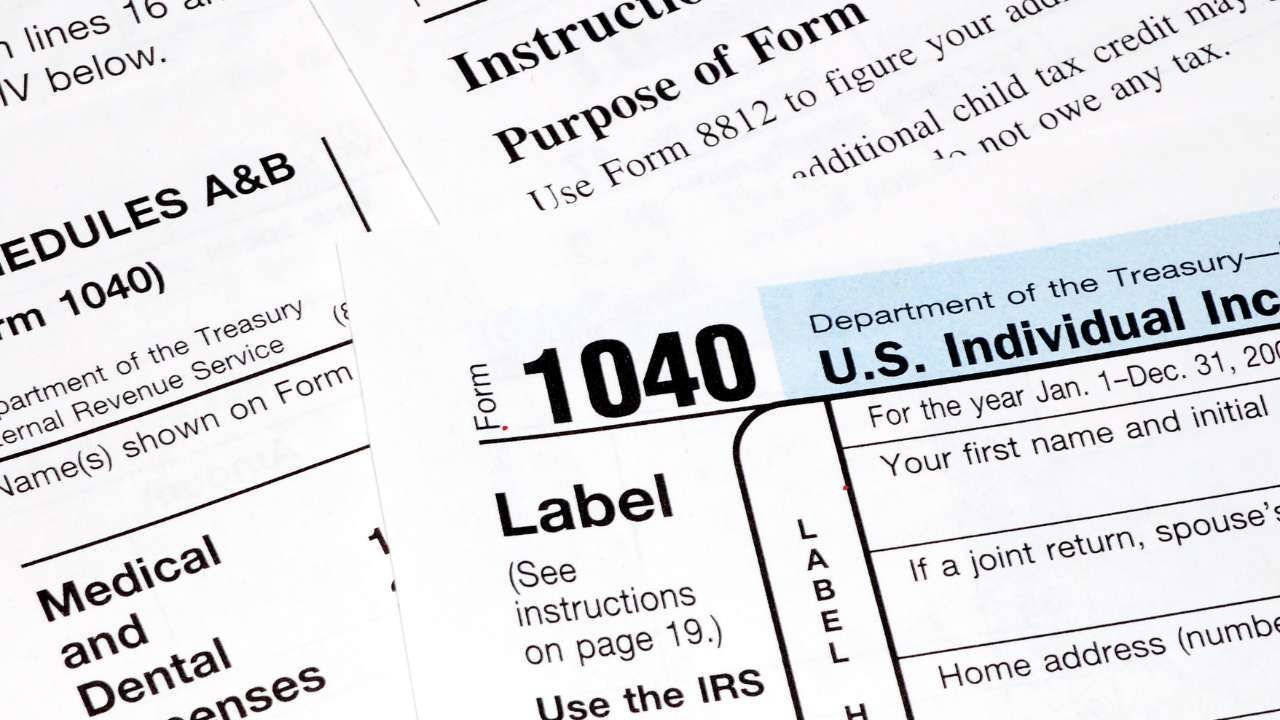Retirement Planning Made Easy: A Guide for Fort Mill Families

Planning for retirement is one of the most critical financial steps you can take to ensure a comfortable and secure future. For families in Fort Mill, navigating the complexities of retirement planning can be overwhelming. This post aims to simplify the process, offering practical advice on investing, saving, and strategizing for retirement.
Key Areas to Focus on When Planning for Retirement
Investment Options
- Stocks: Potential for high returns but with higher risk.
- Bonds: Generally safer with moderate returns.
- Mutual Funds: Diversified investment options that can balance risk and reward.
Creating a Budget Plan
- Saving for Retirement: Set aside a specific percentage of your income.
- Emergency Fund: Ensure you have at least 3-6 months of expenses saved.
Maximizing Employer-Sponsored Retirement Plans
- 401(k)s: Contribute enough to get the full employer match.
- IRAs: Consider both Traditional and Roth IRAs for tax advantages.
Reducing Debt Before Retirement
- Pay Off High-Interest Debt: Focus on credit cards and personal loans.
- Manage Mortgage Debt: Aim to pay off or refinance to lower interest rates.
Diving Deeper: Realistic Advice and Actionable Steps
Investment Options
Stocks
Investing in stocks can be a great way to build wealth over time. However, it's crucial to diversify your portfolio to manage risk. Consider investing in a mix of large-cap, mid-cap, and small-cap stocks to balance potential returns and volatility. Utilizing a financial advisor can help tailor your stock investments to match your risk tolerance and retirement goals.
Bonds
Bonds are a safer investment option, providing regular income and preserving capital. Government and high-quality corporate bonds are reliable choices. As you get closer to retirement, gradually increase your bond allocation to reduce portfolio risk.
Mutual Funds
Mutual funds offer diversification by pooling money from many investors to purchase a variety of securities. Look for low-cost index funds or actively managed funds with a strong track record. Mutual funds can be a convenient way to achieve a balanced and diversified portfolio.
Creating a Budget Plan
Saving for Retirement
Determine a savings rate that aligns with your retirement goals. A common recommendation is to save at least 15% of your income. Automate your savings to ensure consistency. Regularly review and adjust your savings rate to stay on track with your retirement objectives.
Emergency Fund
An emergency fund is a safety net for unexpected expenses. Aim to save 3-6 months' worth of living expenses. Keep this fund in a high-yield savings account for easy access and growth.
Maximizing Employer-Sponsored Retirement Plans
401(k)s
Maximize your 401(k) contributions to take full advantage of any employer match. This match is essentially free money and can significantly boost your retirement savings. For 2024, the contribution limit for 401(k)s is $22,500, with an additional $7,500 catch-up contribution for those 50 and older.
IRAs
Consider contributing to an IRA in addition to your 401(k). A Traditional IRA offers tax-deferred growth, while a Roth IRA provides tax-free withdrawals in retirement. Evaluate which option best fits your financial situation and retirement timeline.
Reducing Debt Before Retirement
Pay Off High-Interest Debt
High-interest debt, such as credit cards, can erode your retirement savings. Prioritize paying off these debts to reduce financial stress and improve your cash flow. Use the debt snowball or avalanche method to systematically eliminate debt.
Manage Mortgage Debt
If possible, aim to pay off your mortgage before retirement. Alternatively, refinancing to a lower interest rate can reduce your monthly payments and free up funds for retirement savings.
The Importance of Seeking Help from a Tax Consulting Firm
Tax planning is a crucial aspect of retirement preparation. Consulting with a tax consulting firm Fort Mill can help you navigate tax-efficient strategies for withdrawing retirement funds, managing required minimum distributions (RMDs), and minimizing tax liabilities. A tax consultant can also provide personalized advice on optimizing your retirement accounts and maximizing after-tax income.
Conclusion
Retirement planning may seem overwhelming, but by focusing on key areas such as investing, budgeting, maximizing retirement plans, and reducing debt, Fort Mill families can set themselves up for a secure future. Remember, seeking professional advice from a tax consulting firm can provide invaluable guidance tailored to your specific needs.
Start planning today to enjoy a worry-free retirement tomorrow.
Get in touch with a trusted tax consulting firm in Fort Mill today to
learn more about managing your financial goals. Your future self will thank you!
Ready to work with Carolina Tax Consulting, LLC?
Let's connect! We’re here to help.
Send us a message and we’ll be in touch.
Or give us a call today at 803-410-5885











